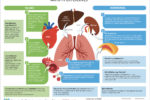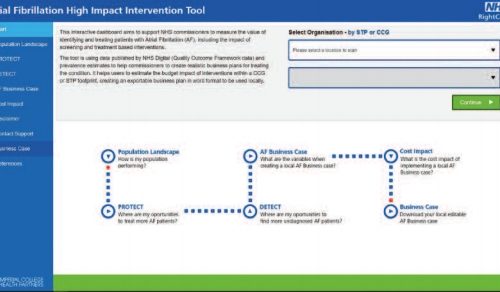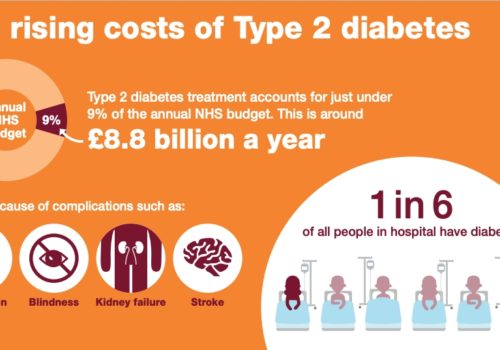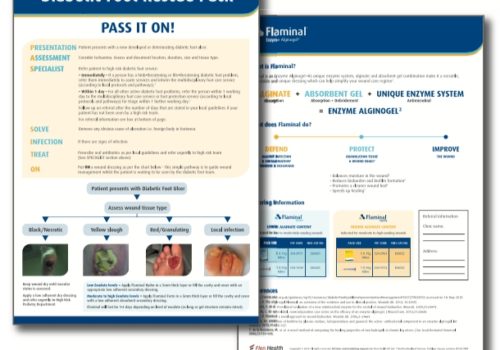In 2017 the University of Sheffield was commissioned by Public Health England (PHE) to develop a new return on investment (ROI) tool for cardiovascular disease (CVD) prevention, to be used by national and local decision-makers. The tool focuses on prevention of CVD in six key high-risk groups, identified through the NHS RightCare pathway as being currently underdiagnosed and insufficiently well managed. This includes patients with hypertension, diabetes (type 1 and type 2), non-diabetic hyperglycaemia, atrial fibrillation, chronic kidney disease and high cholesterol (the latter including patients with a QRISK2 score ≥ 10% or familial hypercholesterolaemia).


































